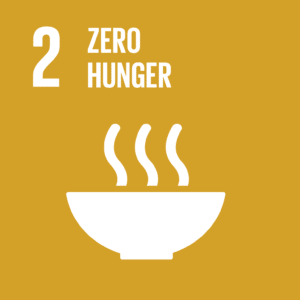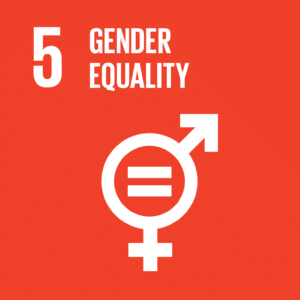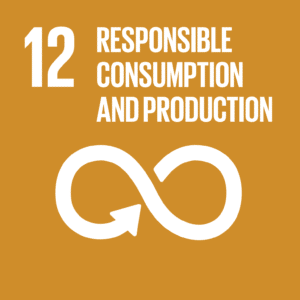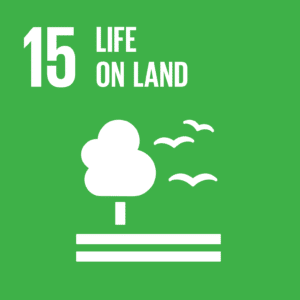Cultivating and preserving climate-resistant beans

Legumes for tackling climate change in Burundi
In Burundi, only 13.4% of the population resides in urban areas, and the economy is primarily reliant on rainfed agriculture. The typical Burundian meal consists of sweet potatoes, maize, rice, beans, and peas. Due to cost considerations, meat is consumed only a few times a month, making the population heavily dependent on legumes as a key source of protein.
The region hosts rich biodiversity increasingly threatened by deforestation for agricultural purposes. Soil degradation and climate change pose a threat to agricultural production. Changes in rainfall patterns result in shorter rainy seasons and more frequent drought periods, which are particularly detrimental to crops sensitive to fungal diseases such as maize, beans, and sweet potatoes.
Many farmers in Burundi are caught in a downward spiral of depleted soils and financial difficulties. Legumes are essential for mitigating the effects of climate change and population growth because they have a high protein content and can grow in nutrient-poor environments. The genetic diversity of wild and cultivated legumes is crucial for addressing the future changing climate and the increasing demand for food.
Strengthening local capacities for climate-resilient legume seed
Farmers, researchers, and students will be trained in collecting, identifying, and storing seeds of various legumes. The climate resilience of these seeds will be tested through field and laboratory tests. Experiments will be set up at various locations to evaluate the performance of different legumes under varying climatic conditions.
Based on the results, 15 climate-resilient varieties will be identified and distributed to local seed multipliers, who will be trained in good production and marketing practices. This will enable farmers to access high-quality seeds tailored to their needs and cultivation systems.
To facilitate the introduction of these new varieties, local users will be informed about their usage, including cooking demonstrations to test the taste and showcase preparation methods. Additionally, farmers will be trained in successfully cultivating these varieties.
Ten climate-resilient varieties will be distributed to 30 seed multipliers with sufficient seeds for distribution to farmers. Seeds harvested by multipliers will be distributed to over 100 farmers, and a system of ongoing evaluation and improvement of seed quality will be established for the future.
Would you like to know more about this project?










